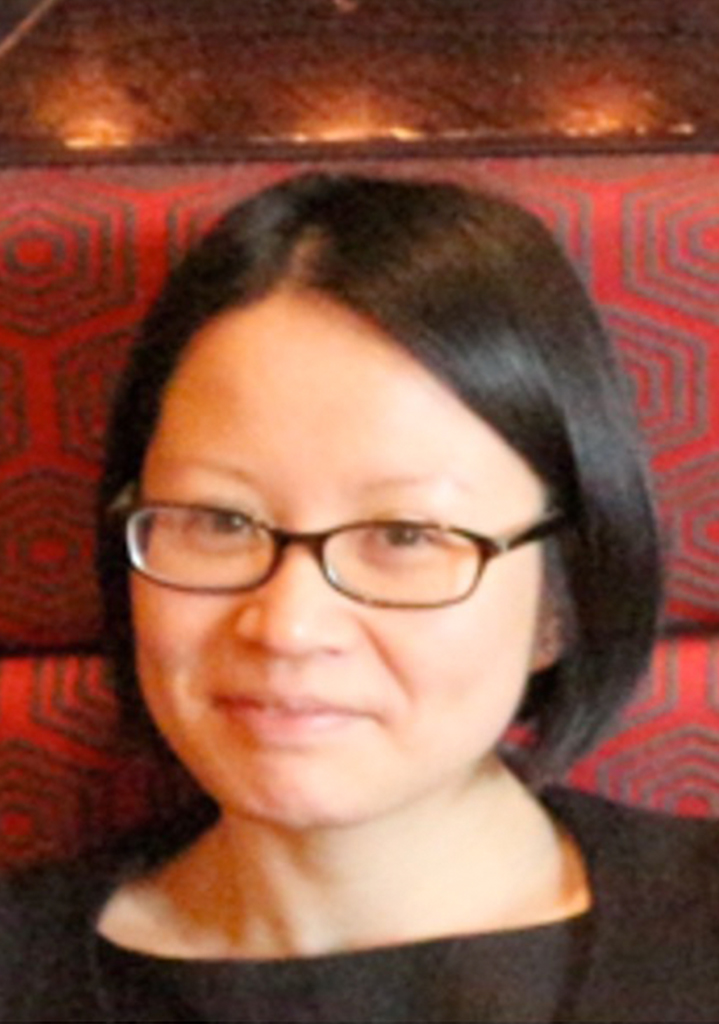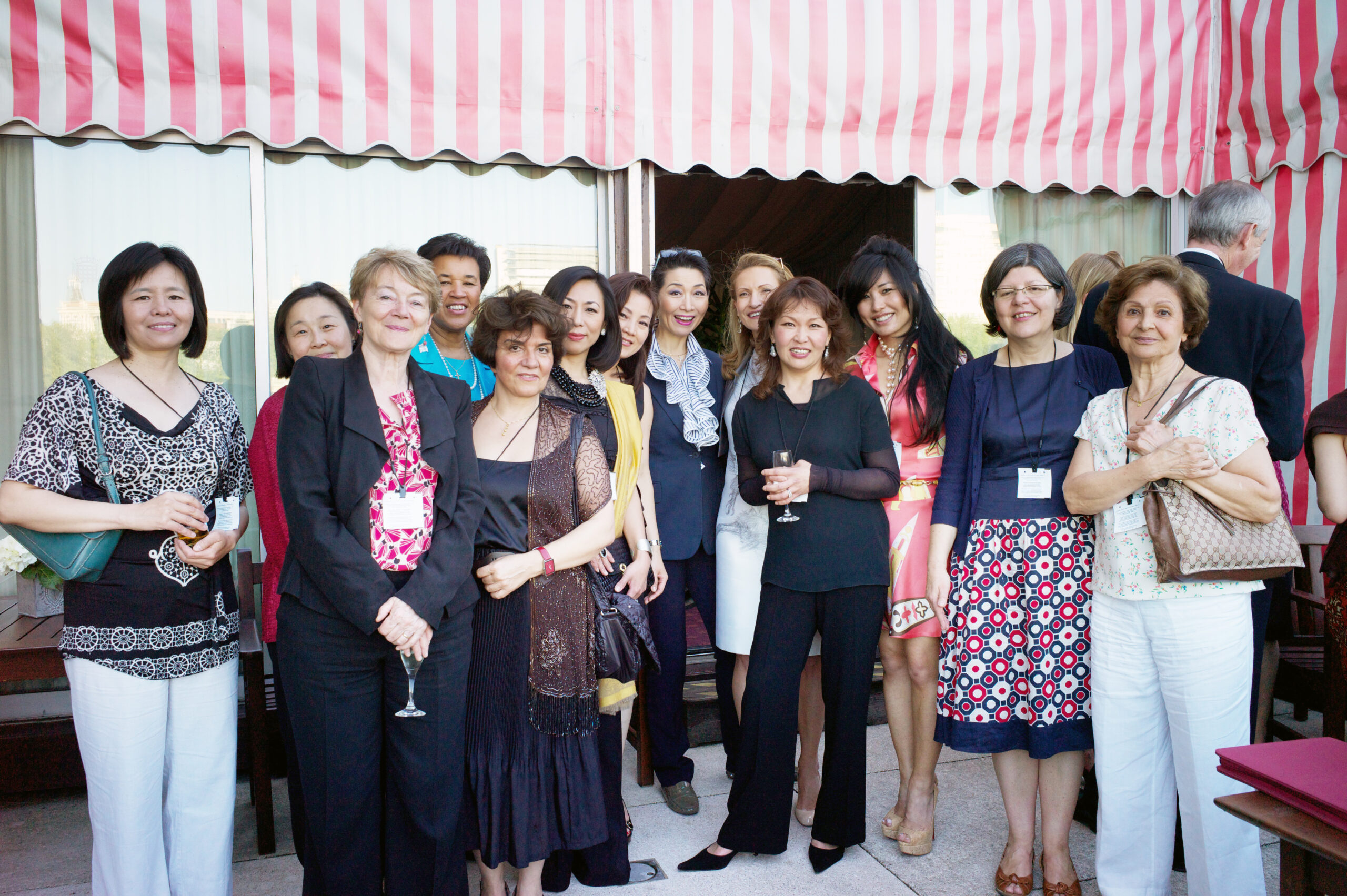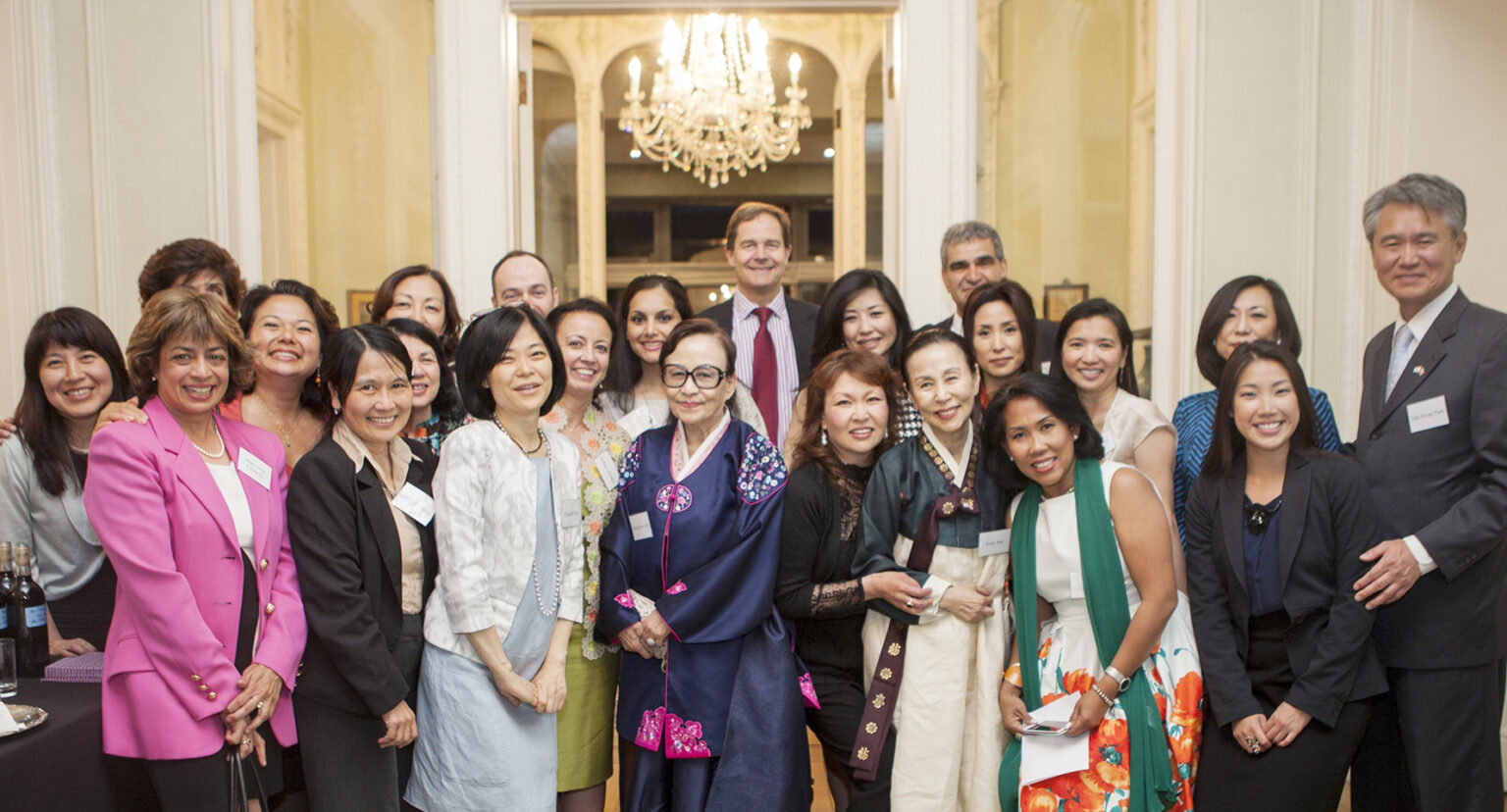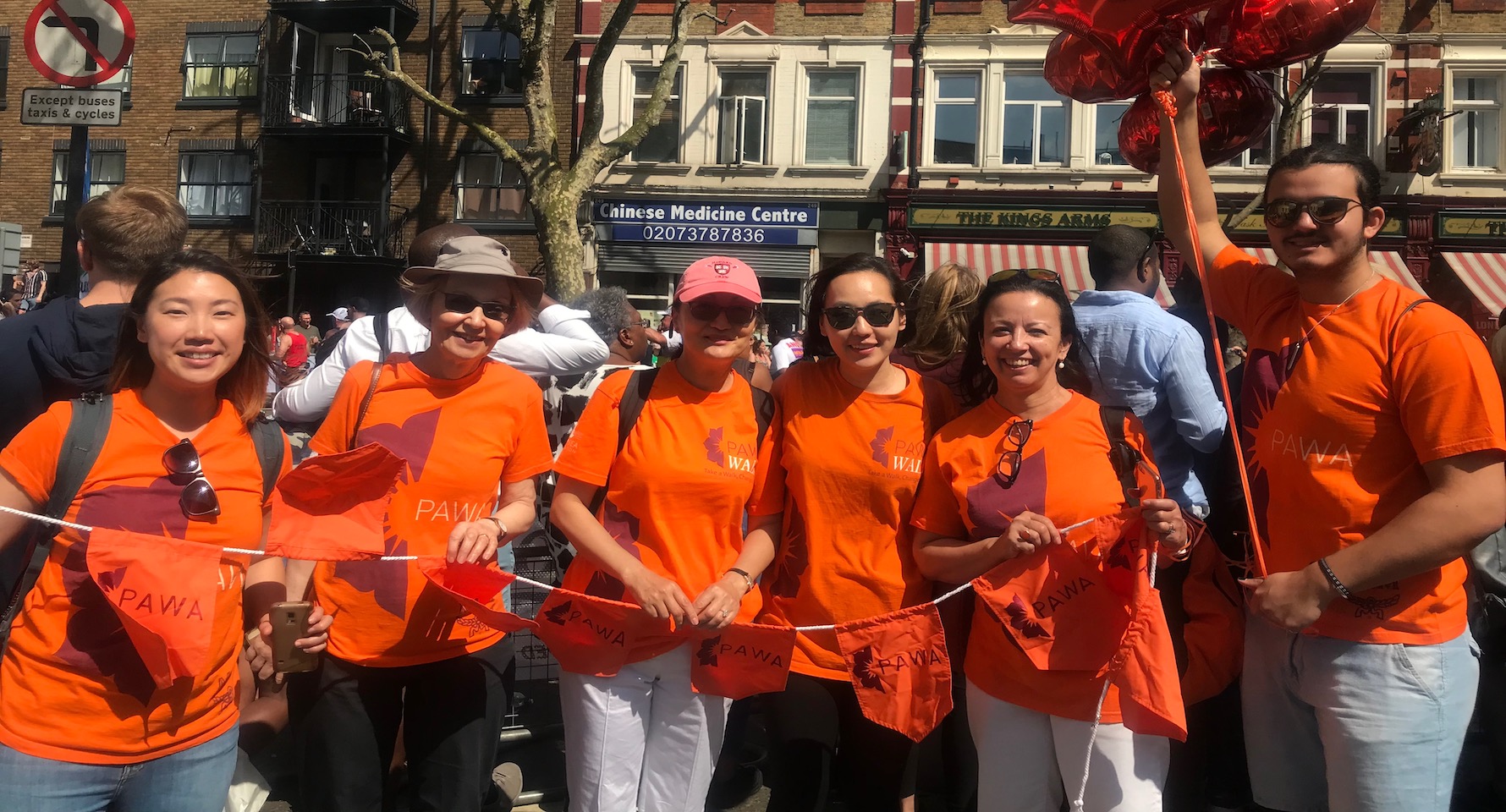
Dr Joanne Ng
Dr Joanne Ng is a clinician scientist at University College London. She grew up in Newcastle upon Tyne where her family settled from Hong Kong. She studied Medicine at the University of Dundee and undertook her paediatric training at Sheffield Children’s Hospital. She trained in Paediatric Neurology at Great Ormond Street Hospital and commenced an academic medical career. She was awarded a UK Medical Research Council Research Fellowship to undertake her PhD at UCL. For her doctoral research she was awarded the British Society of Gene and Cell Therapy Fairbairn Award, UCL Otto Wolff Developmental Neuroscience and UCL Translational Neuroscience Prizes. Along with her team at UCL, she develops gene therapies for untreatable brain disorders that many are surprised to find also affect children such as Parkinson’s disease, seizures and stroke. She has 40 peer review publications and is an internationally invited speaker. Dr Ng has been awarded funding from UK Medical Research Council, Great Ormond Street Children’s Hospital, Rosetrees Trust, LifeArc and sponsored research funding from Askbio Europe. She has fundraised for various medical charities completing the Great North Run three times and has mentored girls who have entered studies in STEM subjects resulting in their own successes, achieving admission to study at UCL, Harvard University and being awarded the Wellcome Biomedical Studentships.
She talks to Kamalakshi Mehta about the staying power needed in her field.
Can you tell us about what brought you into your line of research?
I grew up in the UK, I was the typical Asian kid, who was doing fine academically. My brother went to medical school, and a lot of my friends were in medical school, and I went to medical school! I found that I wanted to do pediatrics, to see if one could make kids better – and they generally get better quickly – but cerebrally, I really enjoyed the challenge of neurology and neuroscience. So I trained to become a pediatric neurologist. But sadly, the treatments available are often inadequate and they’re not having a significant therapeutic impact. The children often have severe disability and we can only treat their symptoms. As a clinician, I was seeing a lot of suff ering, so again I thought that intellectually I had more to offer. And that led me into my research, which is developing new treatments for children with neurological disease. That’s how I ended up in gene therapy. I didn’t think that as a full time clinician I was giving the kids what they deserved and needed, even though I was in the best place on the planet, at a children’s hospital. But there is so much more we can do, it’s still not good enough.
What advice would you give young people wanting to undertake research?
I always welcome young people into my research group and we have 16-18 year olds coming in for work experience. What they should know is that the field is really tough and you need to expect that what you’re doing won’t work most of the time. But you only need something to work once and you’re onto a winner. So most of the time I tell my students to not be afraid to fail, to try and keep going, and when you’ve found it you run with it.
Does that message need to be amplified for women, who are perhaps given less leeway to fail?
I’ve been mentored by a male professor and what I’ve noticed is that if he’s in the room, everything is directed at him, even if it’s all my work — although he is very generous and is always redirecting the feedback. There are a lot of women in medicine now, there are a lot of women in academia to a middle level but at the top level of academia and research it is men – it’s a boys’ club there. They don’t see the women coming, they don’t see me coming, so sometimes it’s a surprise for them that they have to deal with me. They definitely underestimate female researchers, female doctors. But it is changing slowly.
What is driving that change?
There are more women going into STEM subjects. In medical school now most students are women. The problem is the pressure that women face when they become mothers. So you don’t see them going all the way to the top. They get to the middle and then it drifts off . Something needs to be done about that – something to balance the pressures of childcare.
How has the pandemic affected your work?
In research we are heavily dependent on Research Council funding and charity funding. I work in rare disease, which is a small niche field, and a lot of the funding has been diverted to Covid 19. And we’re facing a situation where we have fewer people wanting to do Masters and PhDs —so in the long term we’re going to have fewer researchers. That’s going to be a problem.
What do you think of the work PAWA is doing?
What’s moved me about your charity is that it really reflects my mother’s experience. She’s the eldest of five boys and three girls. The boys are well educated but for the girls — while they contributed massively to the domestic sphere — their education was not a priority. She was an economic migrant from Hong Kong to this country, and she sent money home, which helped to pay for her brothers’ education. She’s very capable, she probably could have cured a disease herself had she been given the opportunity.
So when it came to us, my brother and me, education was really important to her and she was very purposeful in finding the right environment for us, the right education that pushed us. And she made sure it was equal.
That’s what it boils down to in every country— equal access to education and opportunity.




